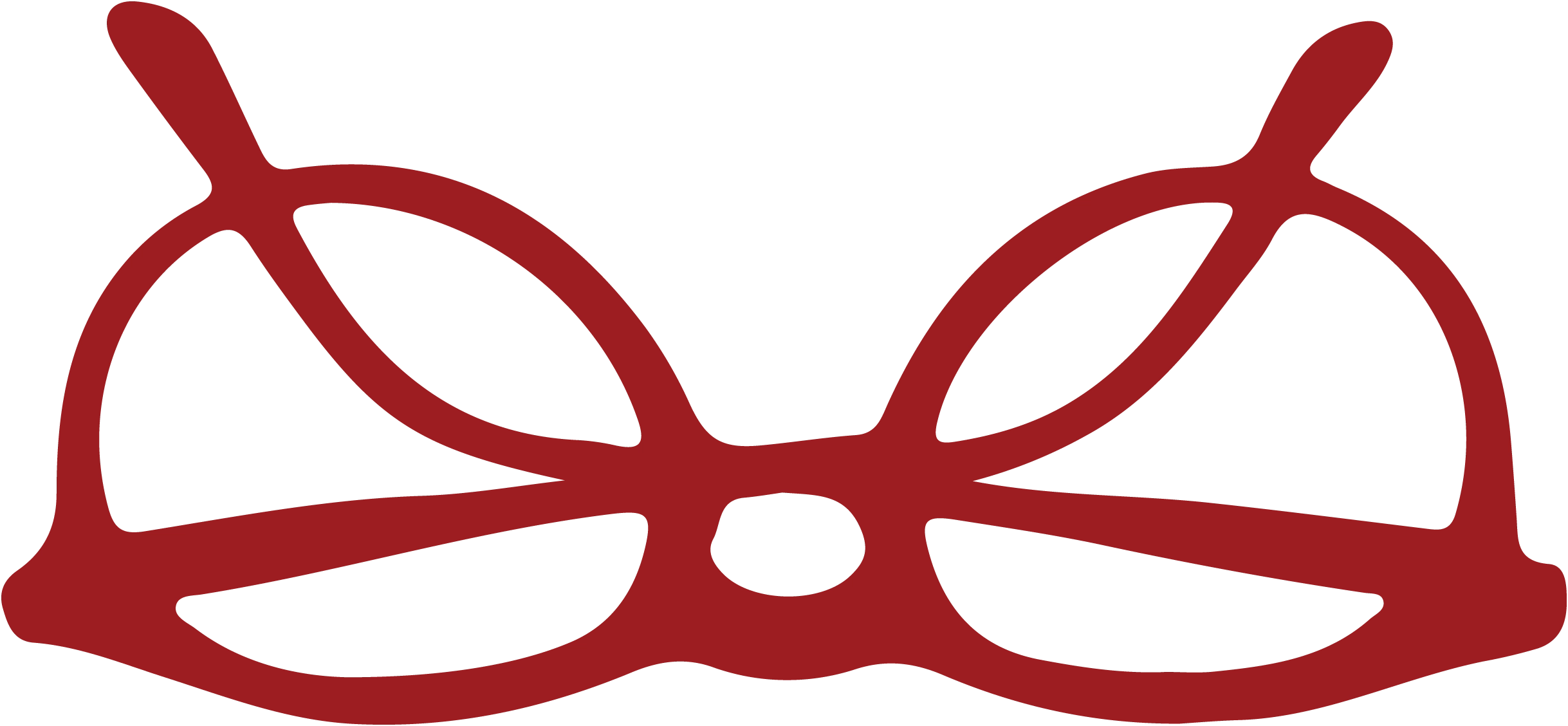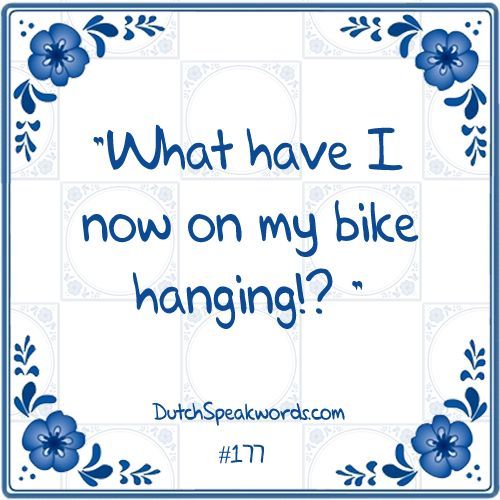You could say that the Dutch are unabashedly thrifty in all things, including language. When it comes to English, they are quite handy at “Englishifying” Dutch words. Sometimes it works, but sometimes it just doesn’t. I’ve been teaching and editing English in the Netherlands for a little while now, and here are 10 common mistakes that I’ve noticed that Dutch speakers make when speaking and writing in English.
1. Can you explain me please…
In English, you generally need a preposition before the indirect object. You explain something to someone or you explain to someone something.
2. Hereby I send you…
I know, I know, I know… in Dutch, when you send an email with an attachment, you say hierbij. And yes, if you look up the translation of hierbij, you will indeed find hereby in English. Nevertheless, you just don’t send an email attachment stating “hereby the document…”. Trust me, don’t do it. In English, you rarely see “hereby” outside of legal contracts and formal documents. For an email attachment, you say “Please find the document attached…” etc.
3. What is your job function?
In Dutch, you may have a functie at work, but in English, functions are for objects.People have positions.
4. I am calling to inform about…
The English verb to inform doesn’t necessarily work the same way as informeren in Dutch. You can inform someone about something, but when you are looking for information about something, you don’t use the verb to inform. Rather, you say I would like to inquire about… or I am looking for more information about…
5. The little boy was so brutal today!
Brutal, really?! I don’t think that’s really what you mean. According to the Merriam Webster dictionary, brutal (adj.) means “extremely cruel or harsh”. Murderers and animal abusers are brutal. Everyday people are generally just rude or disrespectful.
6. warehouse, fabric, hand shoes, map, receipt, nephew, cooker, rasp
I’m just going to clarify these all at once. Here it goes:
A warehouse in English is what you would call a pakhuis in Dutch, and a department store is a warenhuis.
The place where things are made is called a factory and the stuff your clothes are made of is fabric.
The things you wear on your hands are gloves (though if everyone just wants to keep calling them hand shoes that is okay with me!).
A map is a something you look at to find your way, but the thing you keep your papers in is called a binder.
A receipt is the little paper you get when you buy something, but the paper you take to the pharmacy is a prescription.
Your nephew is your brother or sister’s son, and your cousin is the child of your aunt or uncle (not the same thing).
A person who prepares food in a restaurant is a chef or cook, not a cooker.
And finally, yes, there is an English word for the thing you use to shred cheese, and no, it is not rasp. It is a cheese grater.
7. I’ll be there in 10 minutes. Sorry I’m too late.
Don’t worry, you’re not too late, you’re just a little bit late. In English, too late would mean that you missed the event entirely. If you are just behind schedule you are late.
8. unhandy, undeep, unkind, unfriendly
There are actually words that mean the opposite of handy, deep, kind and friendly. You should use them:
handy ≠ clumsy
deep ≠ shallow
kind ≠ mean
friendly ≠ rude
9. Visitors will have the possibility to see the exhibition.
It’s true, it will indeed be possible to look at the exhibition with their eyes. But what you really mean here is that they will have the opportunity to see it. The exhibition will be open and they can make the choice to visit it or not, therefore it is an opportunity.
10. We looked at many car’s.
And last but not least, you never ever ever ever use an apostrophe (‘) to make a noun plural. Never. For possessive nouns (nouns showing ownership), you would use an apostrophe, for example That is my brother’s car, but NOT to say “My brother has two car’s.”
Do you have any Dutch mistakes in English that come to mind?

